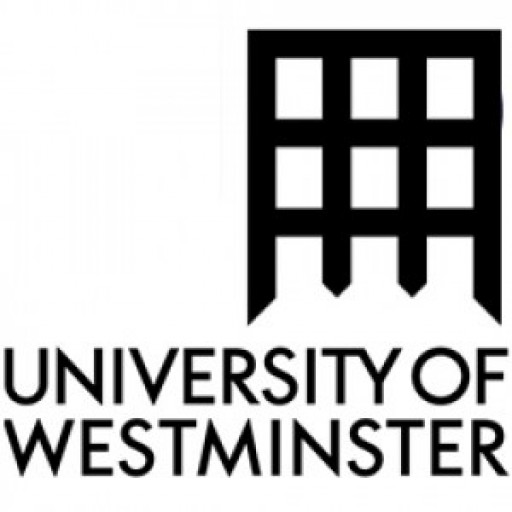Photos of university / #universityofwarwick
If you’re interested in becoming an entrepreneur or would like to work in more traditional careers in consulting and IT management, this course will help you develop and implement new ideas and digital strategies in your organisation.
The course offers a broad foundation of digital innovation and entrepreneurial concepts, business practice and development. Modules are taught by WBS staff from the Information System and Management, and Entrepreneurship and Innovation groups, many of whom have experience in consulting or entrepreneurship. We will introduce you to key technologies to help you understand the managerial and organisational implications they can have in business. You’ll develop both conceptual knowledge and practical skills in digital innovation, and will learn how to use technology strategically in a business context, not just practical computing IT skills. The final-year module Digital Innovation Project 2 allows you to apply what you have learnt throughout the course to an innovation project as the culmination of your studies. Guest lectures from IT and innovation-led companies will explain and illustrate the theory you’ve learned by showing how it works in practice.
Each year comprises core modules with opportunities to choose from a wide variety of elective modules offered by WBS and other departments across the University to tailor your studies. Eight core first-year modules, which include Introduction to Innovation and Entrepreneurship, Digital Ventures, and Data Modelling and Analysis, offer a broad foundation of digital innovation and entrepreneurial concepts, business practice and development. You’ll also choose two electives, covering areas such as economics, accounting, marketing, organisational behaviour and quantitative analysis. Second-year modules touch upon digital innovation in established organisations and in entrepreneurial contexts, as well as some more traditional information systems topics. In your final year, you have more flexibility, with five core modules and four elective modules. You can choose your second and third-year electives from a variety of business and economics modules, and other subject areas such as a foreign language.
Year 1
There are eight core modules and two elective modules that offer a broad foundation of digital innovation and entrepreneurial concepts, business practice and development.
Core modules include:
- CORE Practice
- Introduction to Innovation and Entrepreneurship
- Digital Ventures
- Agile Programming
- Design Thinking for Digital Innovation
- Data Modelling and Analysis
- Business Systems Analysis
- Digital Innovation Project 1
Choose two elective modules that offer you introductions to a broad range of other core business disciplines and stimulate specialist interests. Your options include a range of subject areas such as: economics, accounting, marketing, organisational behaviour and quantitative analysis.
Year 2
There are six core modules and four more elective modules. These will touch upon digital innovation in established organisations and in entrepreneurial contexts as well as some more traditional information systems topics.
Core modules include:
- Digital Business in Modern Organisations
- Enterprise Information Systems
- Funding Your Venture
- Project Management
- Business Consulting
- Entrepreneurship and New Business
Year 3
There are five core topics modules and four elective modules. The Digital Innovation Project 2 module allows you to apply what you have learnt throughout the course to an innovation project as the culmination of your studies.
Core modules include:
- Digital Innovation Project 2
- Strategy, Platforms and Digital Innovation
- Understanding the Entrepreneur
- Open Innovation, Sourcing and Funding
- Business Data Analytics
In Year 2 and 3 you will choose four elective modules from a broad range of business and economics modules as well as other subject areas such as: design, governance, human resources, strategy, and foreign language.
- Warwick International Foundation Programme (IFP) required. Alternatively IB, A-Levels or APs.
- English language requirements Minimum overall score 7.0
- Applicants for the BSc (with Foundation Year) courses may be invited to attend an interview at a Selection Day as part of the application process. We do not otherwise typically interview applicants. Offers are made based on your predicted and actual grades, along with your personal statement. Occasionally, some applicants may be interviewed, for example candidates returning to study or those with non-standard qualifications.










